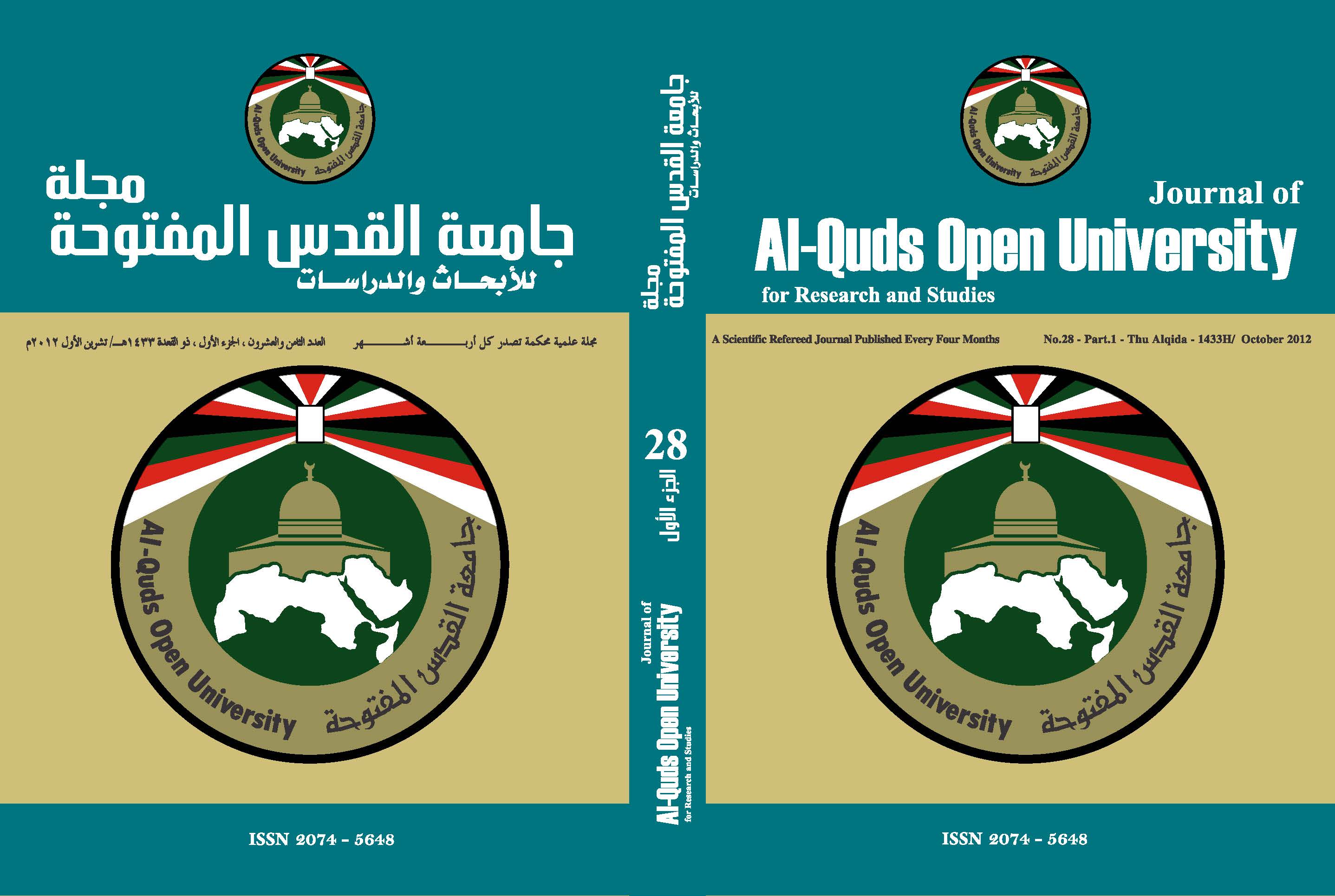Analyzing the Global Apparel Governance in the Garment Industry at QIZs in Jordan : An Applied Study in Economic Geography
Keywords:
Governance, Commodity value chain, Global value chain, Export processing Zones, Qualified Industrial Zones (QIZs) .Abstract
The contemporary world economy is characterized through division of
labor and production which are embedded in the so called “commodity value
chain.” The emergence of “Export Processing Zones” (EPZs) worldwide
could be seen as a result of such development.
The evaluation of such zones and their effects on national economies
are identified in two different discourses: the first one stresses the role of
“global value chains” in enabling the developing countries to integrate
themselves in the world economy and to benefit from technology transfer,
export and to generate jobs and eliminate unemployment. The second one
is based on the economic asymmetry between developed and developing
countries especially in the distribution of the production stages equally.
Leading firms in the industrial states maintain the more value added stages
in their hands and give the less important and labor intensive stages to
developing countries. These in turn run a hard competition which leads to
low labor wages prices.
Jordan joined the global value chains through the QIZ as a result of
the peace treaty with Israel. The apparel industry is the prevailing ones and
belong to either to South Asian Companies or to Jordanian. In both cases
Jordanians undertake marginal production steps.
This study is aiming at analyzing of global apparel governance in the
garment industry in QIZs and to shed light on its structure and its economic
effects. To achieve such target, 65 industrial companies have been investigated
in the QIZs.
The main results of the study show that there are many formes of
governance in garment industry, and all these forms are low added values.
Downloads
Published
How to Cite
Issue
Section
License
- The editorial board confirms its commitment to the intellectual property rights
- Researchers also have to commit to the intellectual property rights.
- The research copyrights and publication are owned by the Journal once the researcher is notified about the approval of the paper. The scientific materials published or approved for publishing in the Journal should not be republished unless a written acknowledgment is obtained by the Deanship of Scientific Research.
- Research papers should not be published or republished unless a written acknowledgement is obtained from the Deanship of Scientific Research.
- The researcher has the right to accredit the research to himself, and to place his name on all the copies, editions and volumes published.
- The author has the right to request the accreditation of the published papers to himself.













_2.png)
_.png)
_2.png)
_1.png)
_.png)

